Under the new rules, foreign visitors who want to convert digital assets into Thai baht for spending in the country will need to open an account with a digital asset business and a cryptocurrency provider, both of which must be licensed and regulated by the Securities and Exchange Commission (SEC) and the Bank of Thailand (BOT).
The program will be implemented within the framework of a “sandbox” - a testing area for financial initiatives, to ensure supervision and risk control. Notably, tourists are only allowed to use this service for payment, not to use digital assets as a direct means of payment. Only foreigners who are temporarily residing in Thailand are eligible to participate.

Users will have to undergo a rigorous identity verification process, including Know Your Customer (KYC) and Customer Due Diligence (CDD), in compliance with regulations issued by the Thai Anti-Money Laundering Office (AMLO). After converting digital assets into baht, tourists can make electronic transactions via QR codes - a useful solution for visitors from countries that do not have cross-border QR payment agreements.
In the initial phase, “Travel Wallet” will function as a platform for converting digital currencies into Thai baht. In the future, the program is expected to integrate the function of directly linking with international credit and debit cards.
To prevent the risk of money laundering and illegal financial activities, the program will apply specific transaction limits. Specifically, for payment acceptance units with terminals, the maximum spending limit will be 500,000 baht/month (equivalent to about 15,400 USD) per account. For small points of sale, the limit will be 50,000 baht/month. Transactions at businesses with high money laundering risks according to AMLO's classification will be completely prohibited.
Additionally, tourists will not be able to withdraw cash from their digital wallets. Withdrawals will only be allowed after the account has been closed, to ensure strict control over the source of funds and their intended use.
Source: https://baolaocai.vn/thai-lan-cho-phep-thanh-toan-bang-tien-dien-tu-nham-kich-cau-du-lich-post880003.html



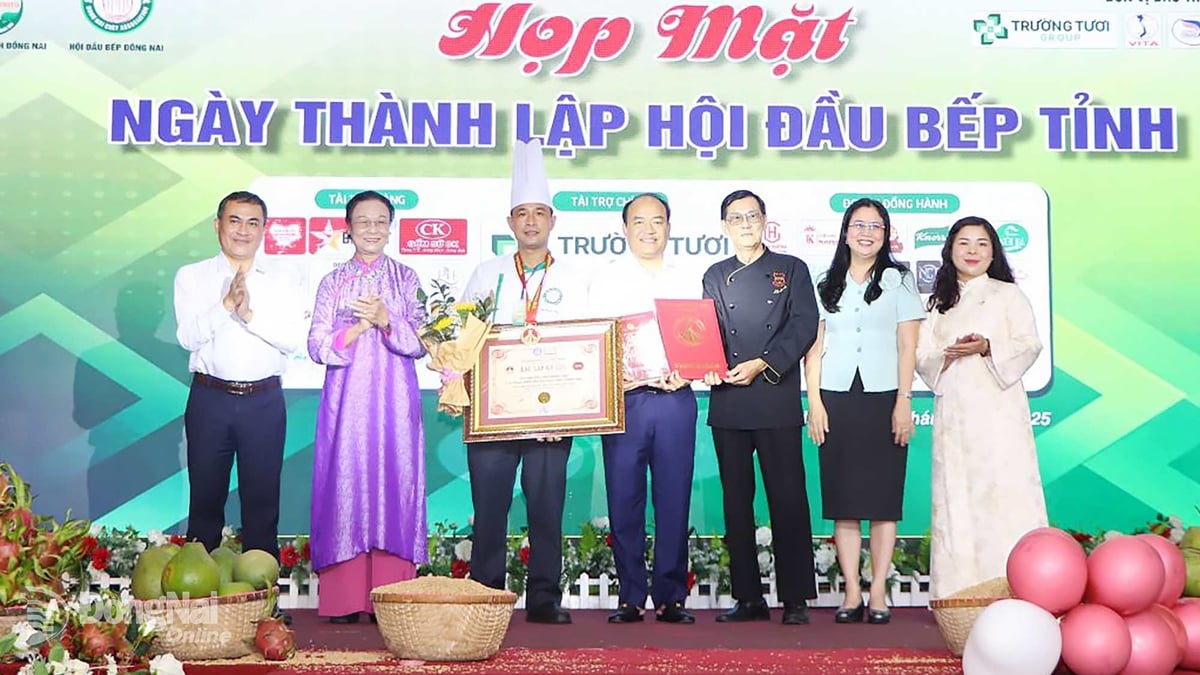
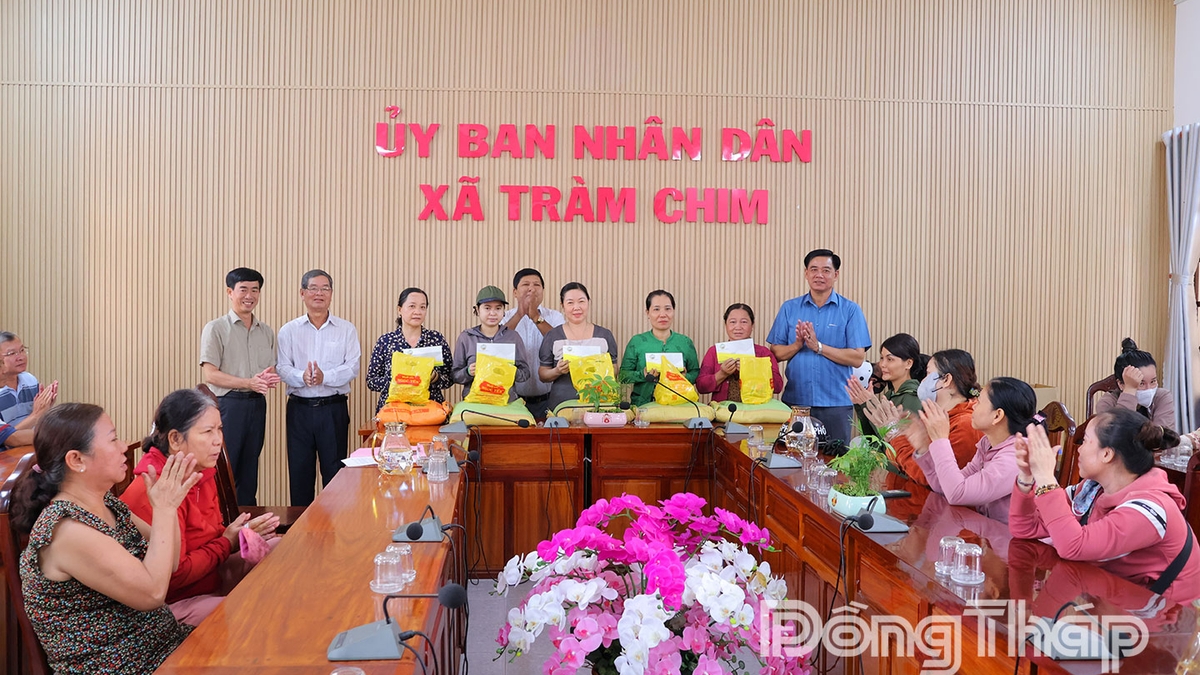

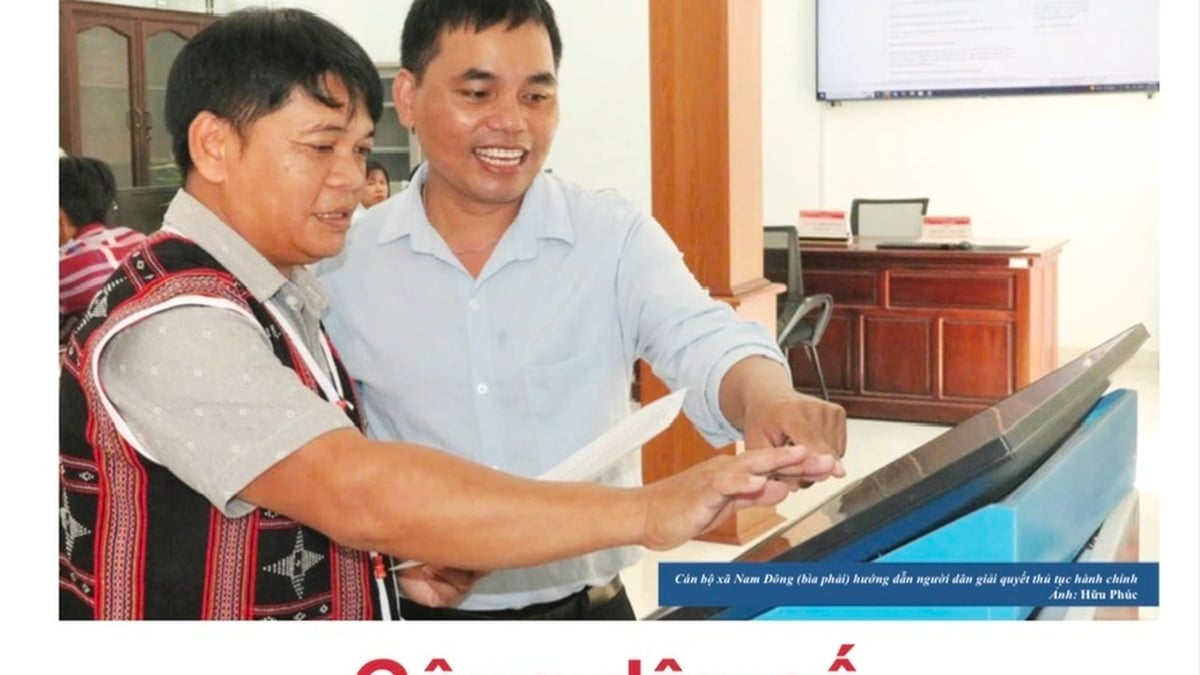




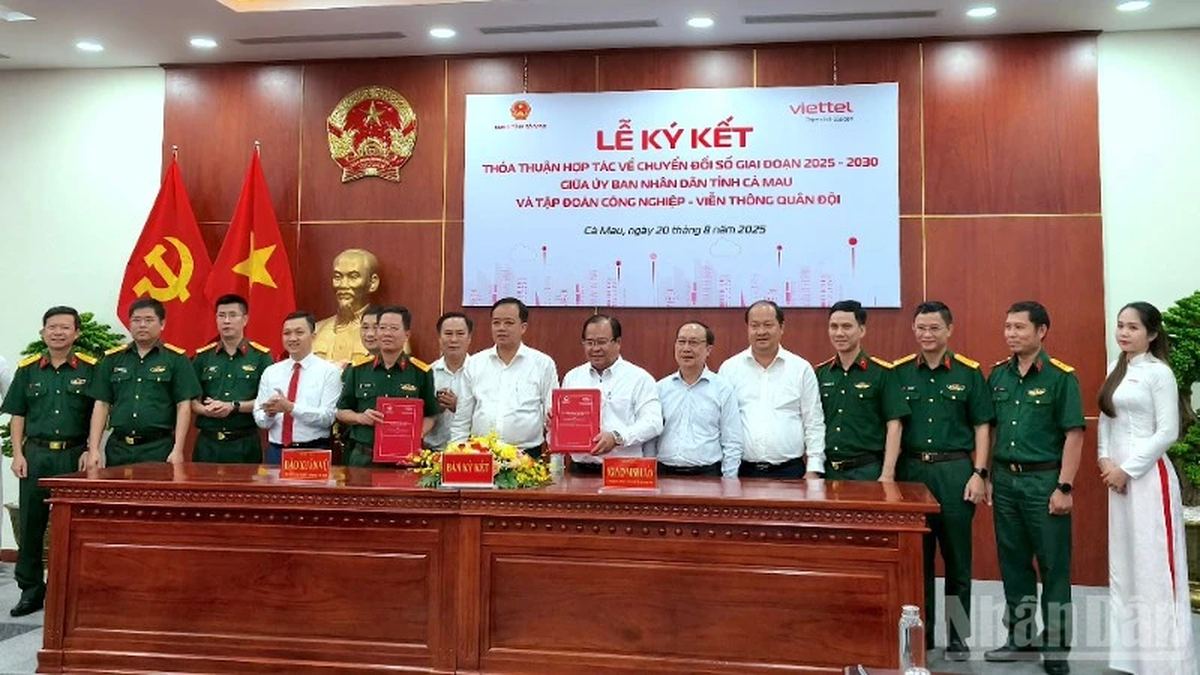














![[Photo] Prime Minister Pham Minh Chinh receives Australian Foreign Minister Penny Wong](https://vphoto.vietnam.vn/thumb/1200x675/vietnam/resource/IMAGE/2025/8/20/f5d413a946444bd2be288d6b700afc33)
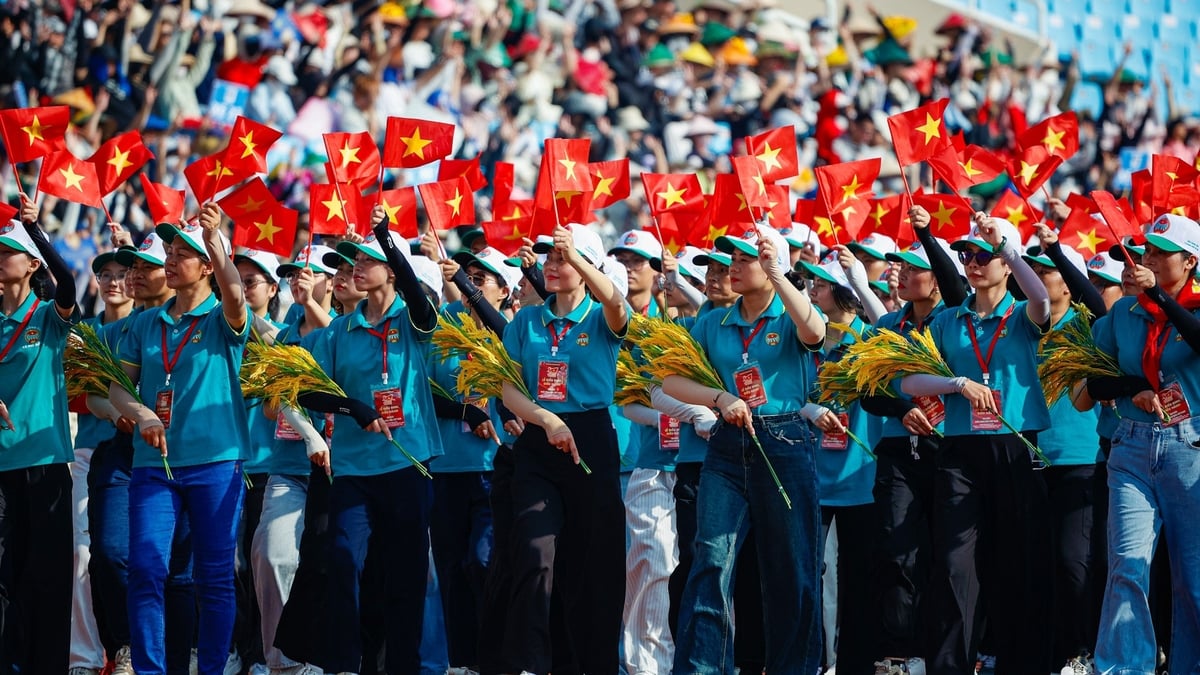
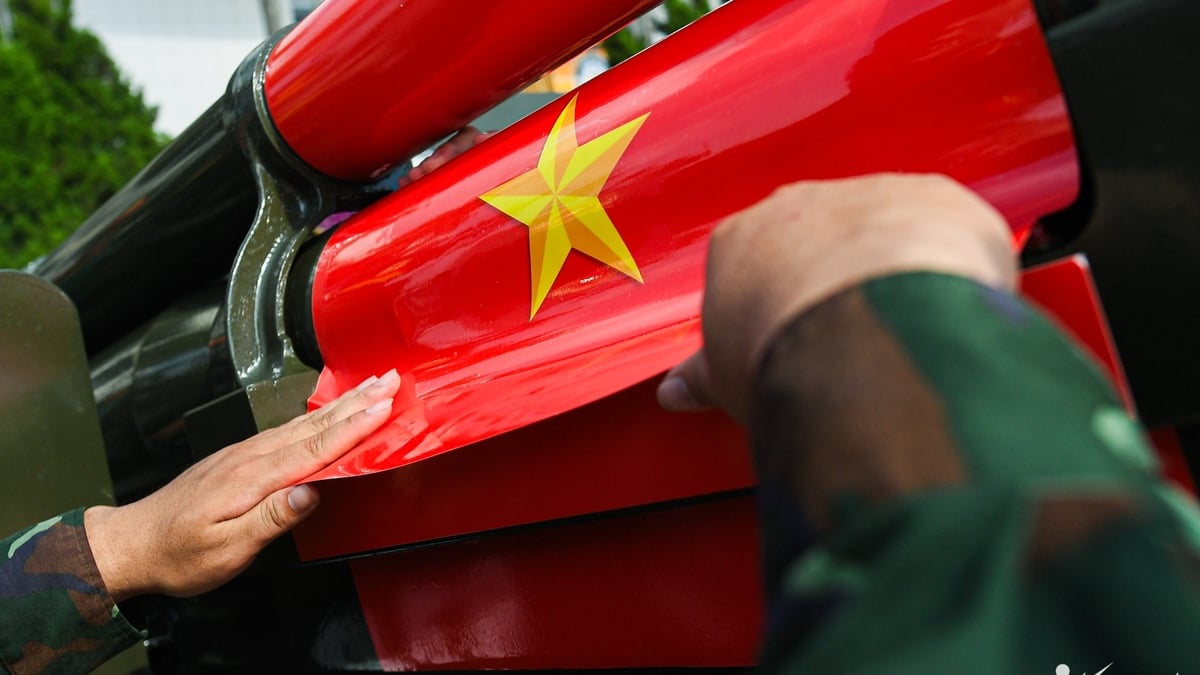

![[Photo] Politburo works with Standing Committees of Lang Son and Bac Ninh Provincial Party Committees](https://vphoto.vietnam.vn/thumb/1200x675/vietnam/resource/IMAGE/2025/8/20/0666629afb39421d8e1bd8922a0537e6)


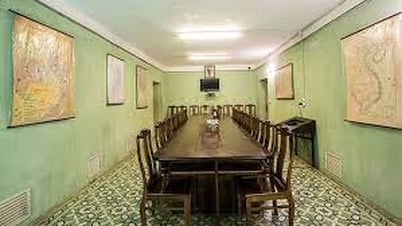





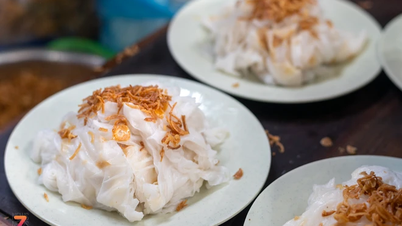





















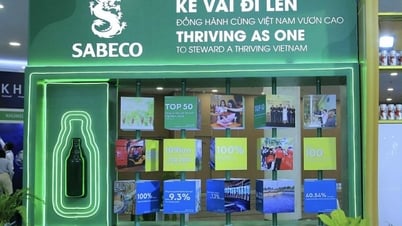









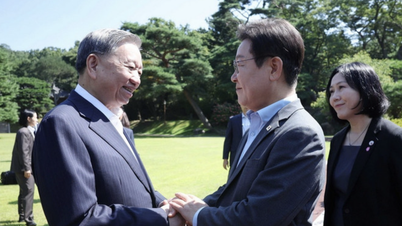



















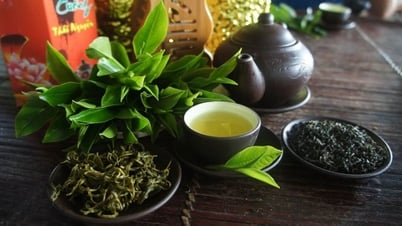

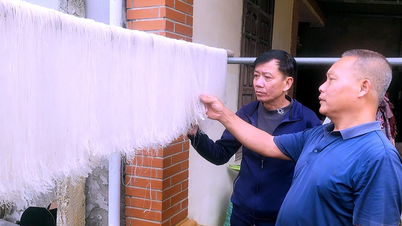



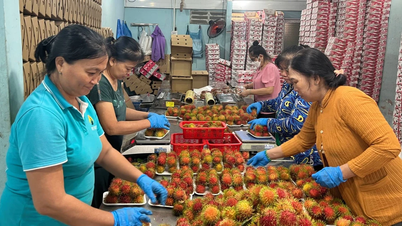






Comment (0)